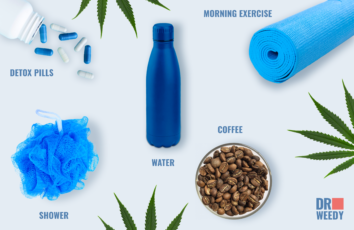Does Cranberry Juice Help You Detox THC from Your Body?
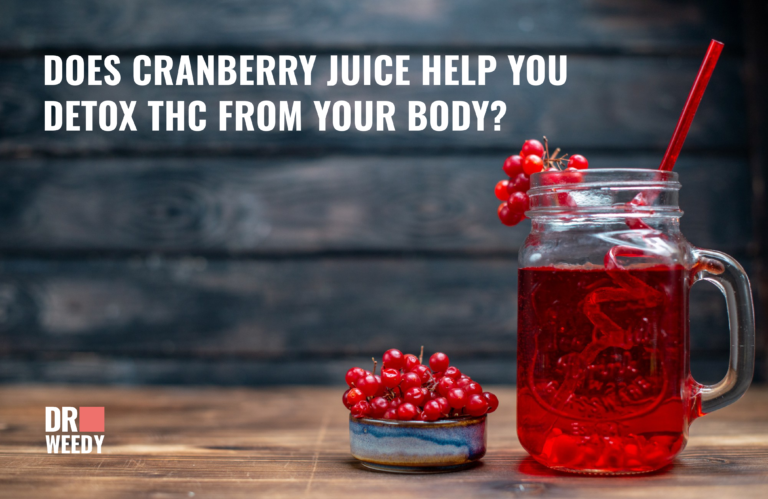
As the use of cannabis becomes increasingly prevalent, there’s a growing curiosity about effective ways to expedite the removal of THC, the primary psychoactive component of cannabis, from the body. One method that has piqued the interest of many is the consumption of cranberry juice. Renowned for its detoxifying properties and health benefits, cranberry juice raises the question: can it play a role in accelerating the elimination of THC from the system? Let’s delve into the science behind the potential connection between cranberry juice and THC detoxification..
How THC is Processed and Stored in the Body
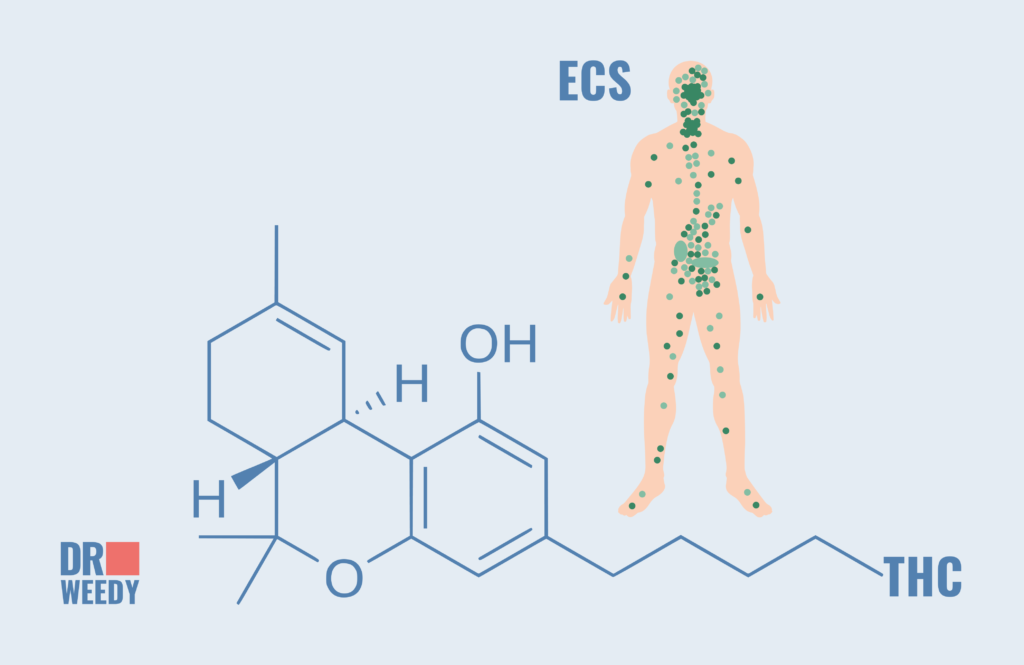
THC or tetrahydrocannabinol is fat-soluble, so upon entering the bloodstream, it gets absorbed by fatty tissues where it can remain stored for extended periods. The body does not easily metabolize and excrete THC and its byproducts. With chronic use, THC accumulates in fat reserves throughout the body [1].
Why Cranberry Juice Is Thought to Help
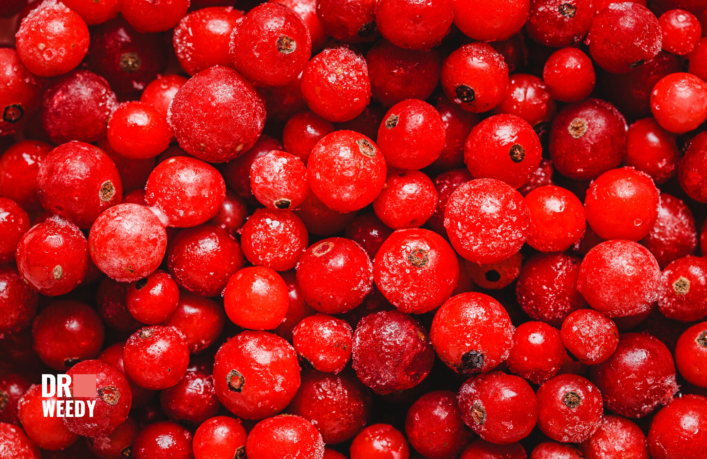
Cranberry juice contains certain key compounds that make it a popular home remedy for detoxification [2]:
- Diuretic Effect – Cranberries increase urine output, which could help flush the system.
- Antioxidants – Cranberries contain antioxidants that support liver function, a key organ for detox.
- Dilution – The extra fluid may dilute concentrations of THC metabolites in urine.
However, while these mechanisms aid general detoxification, cranberry juice is limited in its ability to target THC stored deep in fat tissues.
Misconceptions and Realities
There are several misconceptions about cranberry juice’s role in detoxifying THC that need to be addressed.
Common Misbeliefs
- Complete Cleansing: Many believe that cranberry juice can completely cleanse the body of THC, which is not accurate.
- Speed of Detox: Some think that cranberry juice can quickly remove THC, which contradicts how the body processes fat-soluble compounds.
The Scientific Standpoint
Evidence suggests that while cranberry juice may assist in the detoxification process, it does not have the capability to target THC specifically or expedite its removal from fat cells.
Why Cranberry Juice Alone Is Insufficient

Here’s why cranberry juice fails as a standalone THC detox method:
- It cannot break down fat cells to mobilize stored THC.
- Any effect is temporary as the body restores fluid balance.
- It does not speed up the body’s natural metabolic clearance of THC.
- The quantities needed for meaningful effect may cause digestive issues.
For these reasons, experts advise against solely relying on cranberry juice to pass a drug test.
A More Effective Approach to Detoxifying THC
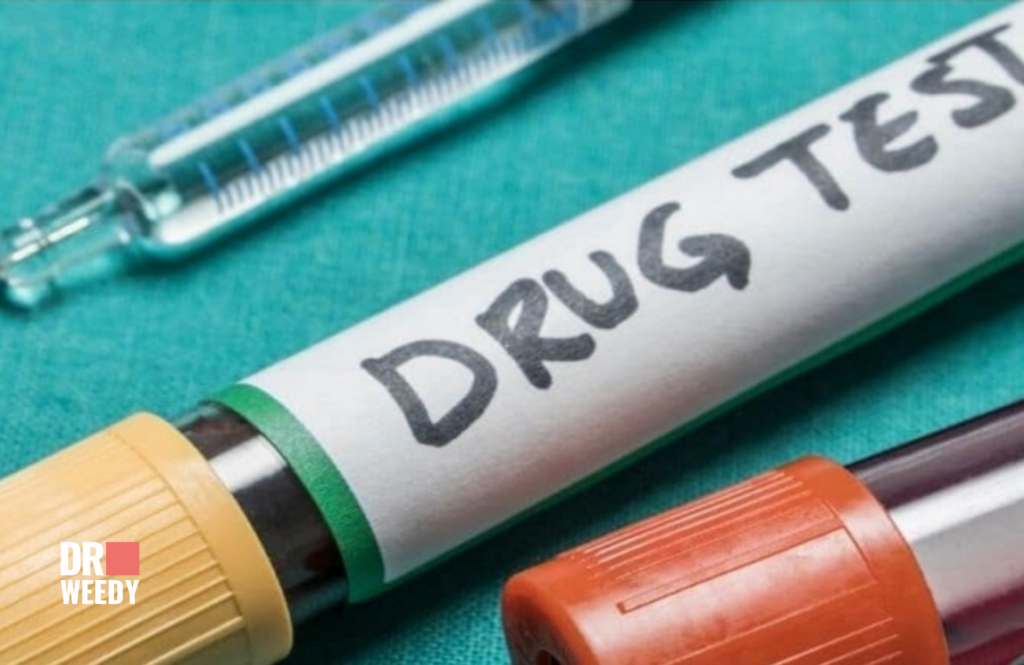
- Gradually Reduce Cannabis Intake
Giving the body a break from regular THC exposures allows its natural detoxification systems to catch up. - Stay Hydrated and Exercise
Drinking water and sweating helps flush toxins and burn fat where THC accumulates.However, don’t overdo it, as heavy exercise in regular marijuana smokers can increase THC levels (4). - Add Fiber and Probiotics
These support your body’s ability to eliminate THC through feces. - Consider a Detox Program
Structured programs with liver support supplements, sauna therapy (3), and diet changes may enhance THC removal.
The Bottom Line

While cranberry juice can assist the body’s overall natural detoxification capacity, evidence does not substantiate it as an efficient way to specifically cleanse THC from the system. For best results, take a multifaceted approach that incorporates lifestyle changes and proven detoxification strategies. Speak to a healthcare provider for personalized guidance on safe, effective THC detox.
References:
- Chayasirisobhon S. (2020). Mechanisms of Action and Pharmacokinetics of Cannabis. The Permanente journal, 25, 1–3. https://doi.org/10.7812/TPP/19.200
- Blumberg, J. B., Camesano, T. A., Cassidy, A., Kris-Etherton, P., Howell, A., Manach, C., Ostertag, L. M., Sies, H., Skulas-Ray, A., & Vita, J. A. (2013). Cranberries and their bioactive constituents in human health. Advances in nutrition (Bethesda, Md.), 4(6), 618–632. https://doi.org/10.3945/an.113.004473
- Lennox, R. D., & Cecchini-Sternquist, M. (2018). Safety and tolerability of sauna detoxification for the protracted withdrawal symptoms of substance abuse. The Journal of international medical research, 46(11), 4480–4499. https://doi.org/10.1177/0300060518779314
- Wong, A., Montebello, M. E., Norberg, M. M., Rooney, K., Lintzeris, N., Bruno, R., Booth, J., Arnold, J. C., & McGregor, I. S. (2013). Exercise increases plasma THC concentrations in regular cannabis users. Drug and alcohol dependence, 133(2), 763–767. https://doi.org/10.1016/j.drugalcdep.2013.07.031
























